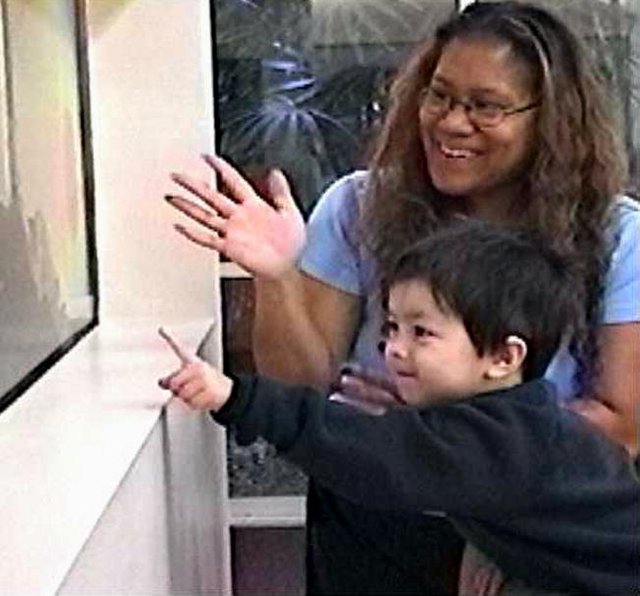How Autism Reflects Healthcare Challenges
Just as “You can judge a society by how well it treats its prisoners”, similarly, you can judge a healthcare system by how well it treats its most vulnerable patients. And autism, being a condition that now affects 1 in 88 children, is certainly the one that attacks the most vulnerable lot.
Illness Above Wellness?
Health is far more than the absence of disease. WHO defines it as a state of complete physical, mental, and social well-being. People with autism experience many barriers to achieving this definition of health.
Since long, medical practice has focused on the treatment of medical illness- developing drugs and procedures to treat a particular condition. What needs to be understood here is that an illness is often an endpoint rather than a beginning. Advanced medications and procedures only target this endpoint, and not the time period between being healthy and having an illness. Prevention, rather than a cure should be the primary goal.
The good part is that the autism community and healthcare providers have had an uphill battle in getting the crucial services ranging from occupational, speech, physical, and behavioral therapies, available for autistic children.
However, many patients and their caregivers are observed to opt for under-researched alternative and complementary interventions.
This is because medical research and clinical practice continues to focus on unraveling the genetics behind autism and develop new ways to understand the functioning of an autistic brain, rather than offering an effective solution to their problem. Autism has long been viewed as a condition of childhood, when, in fact, it is a condition that is diagnosed in childhood but lasts a lifetime. Unfortunately, autistic adolescents find that they are “aging out” of services (medical and behavioral) for children. Care becomes fragmented, records have to be requested, and waiting lists endured. Many families are also wary of vaccinations, with a movement that believes they are linked to autism.

Integration of mental and physical healthcare is the need of the hour
People with autism often have a complex combination of mind-body problems, with conditions such as anxiety, Attention Deficit Hyperactivity Disorder (ADHD), seizures, and gastrointestinal disturbances being particularly common. In this regard healthcare is slowly changing with the growth of integrative medicine and integrated care.
Lack of primary care doctors
An orthopedic surgeon, a psychiatrist, a rheumatologist or any specialist cannot look after a patient’s total medical care. We need physicians who can provide early diagnosis, treatment, and referral for autism and similar conditions. Unfortunately we are short of about 7,000 primary care doctors, rising to 45,000 over the next decade. Considering it takes a minimum of five years of residency training after medical school to train a child psychiatrist, pediatric neurologist, or developmental pediatrician for the job, this is a concerning statistic.
Autism treatment: An investment, not an expense
Most autistics and their caregivers believe early intervention is necessary and hence, end up paying huge amounts for it.

Healthcare is changing, with accompanying opportunities and risks. Healthcare systems must be rewarded for placing their focus on wellness, prevention, and accessibility to the communities they serve. Similarly, the integration of mental and physical health resources must not just be an idea, but needs to be made a reality, and one that is present in our communities. Providing access to the healthcare system may improve the diagnosis and treatment of mental and somatic illnesses, and thereby, the health status and quality of life for people on the autism spectrum. This recognition of the needs of adults on the autism spectrum may serve as a model for other areas in society, such as education and employment.
It would be best to conclude by quoting Dr. Arshya Vahabzadeh, Subspecialist Psychiatrist:
“When health care systems are designed with the aim of ensuring the most vulnerable patients receive timely, accessible, high quality care, the result is a better, safer healthcare experience for every single one of us.”
✅ @hennamalik, I gave you an upvote on your post! Please give me a follow and I will give you a follow in return and possible future votes!
Thank you in advance!
@hennamalik, indeed it's a good article, In a country like India, people struggle to get the basic medication and it is difficult to diagnose the specific issues in kids. Healthcare is the biggest challenge in India these days.